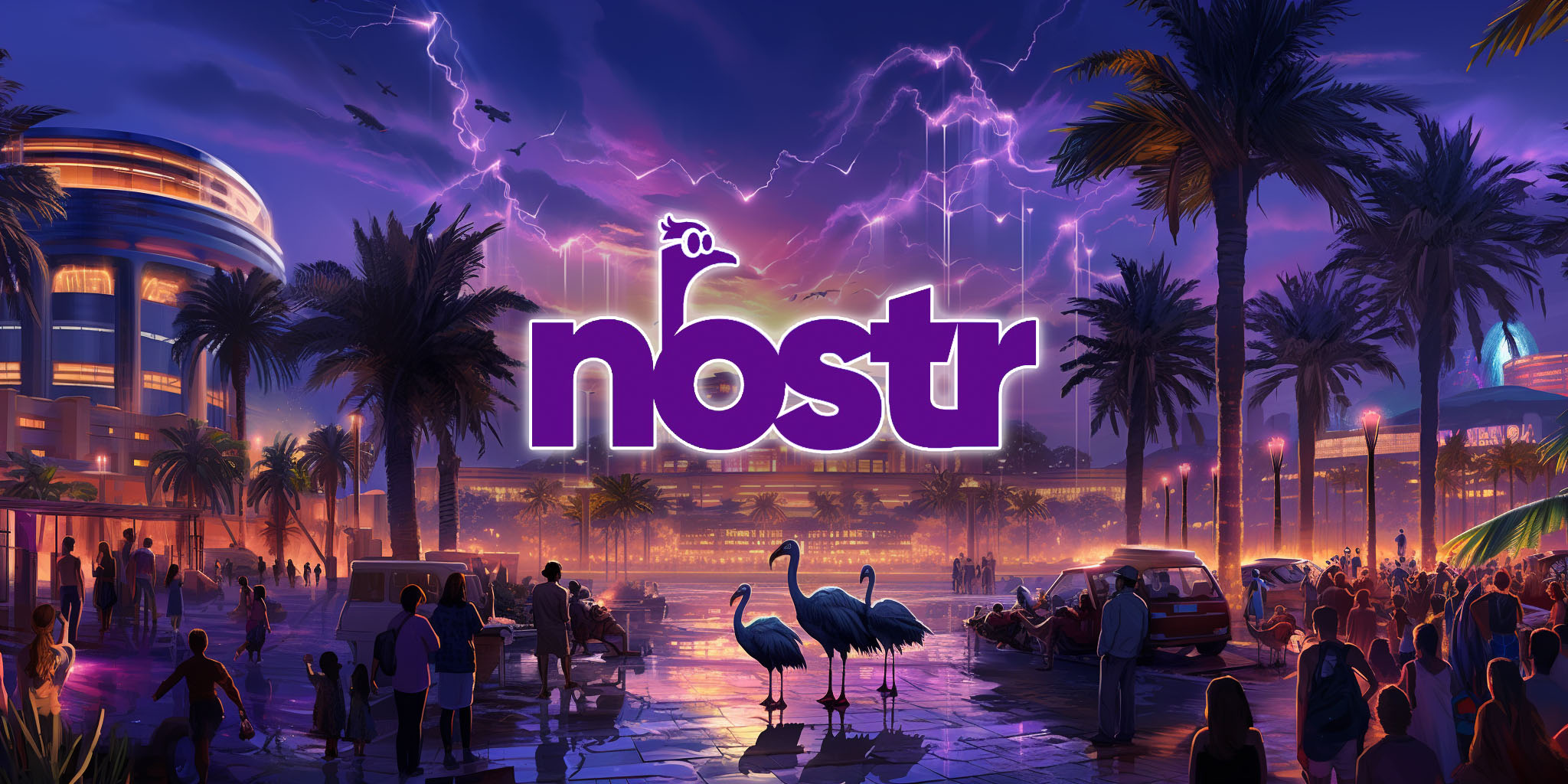
project prodigy

vires in numeris
Bitcoin is a decentralized digital currency. Bitcoin transactions are verified by network nodes through cryptography and recorded in a public distributed ledger called a blockchain. Bitcoin is open-source; its design is public, nobody owns or controls Bitcoin and everyone can take part. Bitcoin uses peer-to-peer technology to operate with no central authority or banks; managing transactions and the issuing of bitcoins is carried out collectively by the network. Through many of its unique properties, Bitcoin allows exciting uses that could not be covered by any previous payment system.

Notes and Other Stuff Transmitted by Relay
The simplest open protocol that is able to create a censorship-resistant global "social" network once and for all. It doesn't rely on any trusted central server, hence it is resilient; it is based on cryptographic keys and signatures, so it is tamperproof; it does not rely on P2P techniques, and therefore it works. Because Nostr accounts are based on public-key cryptography it's easy to verify messages were really sent by the user in question. Like HTTP or TCP-IP, Nostr is a protocol; an open standard upon which anyone can build. Nostr is not an app or service that you sign up for.

php hypertext preprocessor
PHP (recursive acronym for PHP: Hypertext Preprocessor) is a widely-used open source general-purpose scripting language that is especially suited for web development and can be embedded into HTML. Instead of lots of commands to output HTML (as seen in C or Perl), PHP pages contain HTML with embedded code that does "something". What distinguishes PHP from something like client-side JavaScript is that the code is executed on the server, generating HTML which is then sent to the client. The best part about using PHP is that it is extremely simple for a newcomer, but offers many advanced features for a professional programmer.

Artificial intelligence
Artificial Intelligence is a facet of computer science aimed at crafting systems that mimic human-like tasks such as learning and reasoning. Evolving over decades, AI now includes Machine Learning, allowing machines to refine their functions with experience, and Deep Learning, simulating the human brain's neural networks. These advancements, fueled by computational power and abundant data, have broad applications ranging from healthcare to autonomous vehicles. However, with its growth come ethical concerns like privacy and job displacement. As AI deeply entrenches in society, balancing its vast potential with its challenges is vital.